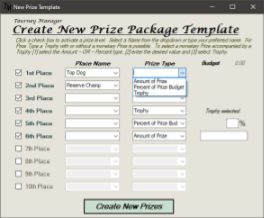The problem is you keep using Array. Stop using that. It is designed for when you truly have generic things and in this case you don't. Array is almost never needed.
If I understand your request correctly you have a list of checkboxes named LevelCheckBox##. When a checkbox is checked all previously numbered ones are auto-checked. When it is unchecked all lower level check boxes are also unchecked. This isn't too hard to implement and you don't need Array to do it.
private void OnChecked ( object sender, EventArgs e )
{
var target = sender as CheckBox;
//Get the target's ID
var targetId = GetId(target);
//To save a little time, get all checkboxes, and their "number"
// filtering out those checkboxes that don't have one
var checkBoxes = from c in Controls.OfType<CheckBox>()
let id = GetId(c)
where id >= 0
select new { Id = id, Control = c };
//If the check box is now checked
if (target.Checked)
{
//Get all the "earlier" check boxes and uncheck them
var items = checkBoxes.Where(x => x.Id < targetId);
foreach (var item in items)
item.Control.Checked = true;
} else
{
//Get all the later check boxes and uncheck them
var items = checkBoxes.Where(x => x.Id > targetId);
foreach (var item in items)
item.Control.Checked = false;
};
}
private static int GetId ( Control control )
{
//This is slow so using Tag or something would be preferable
var match = s_regex.Match(control.Name);
if (match.Success && Int32.TryParse(match.Groups["id"]?.Value, out var id))
return id;
return -1;
}
private static Regex s_regex = new Regex(@"^LevelCheckBox(?<id>\d+)$", RegexOptions.Singleline|RegexOptions.IgnoreCase);
Note that I wrote this code based upon your existing logic of using field names. Personally I would recommend you use something more maintainable such as a Tag value or perhaps just use the TabIndex. But the code I posted works irrelevant of how you determine the "less" and "greater" controls.

